A Letter From a Black Woman in Publishing on the Industry’s Cruel, Hypocritical Insistence That Words Matter

A message to self-proclaimed allies: Actions speak louder than words.
Jump to navigation Skip to content
Articles from Poet & Writers Magazine include material from the print edition plus exclusive online-only material.

A message to self-proclaimed allies: Actions speak louder than words.
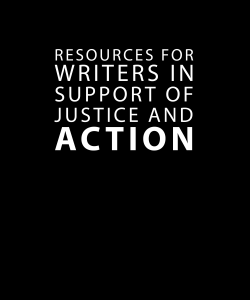
Resources and ideas for fighting racial injustice and police violence, both on and off the page.
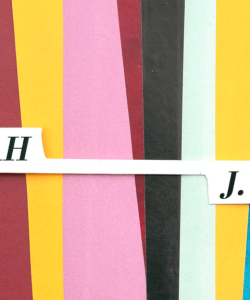
Sarah J. Sloat’s Hotel Almighty, forthcoming from Sarabande Books on September 15, 2020.

“What’s most fundamental is being able to listen.” —Lauren Russell, author of Descent
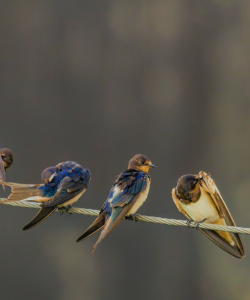
The author of This Is One Way to Dance reflects on using fragments to build a larger structure.

The 2020 National Youth Poet Laureate talks about the intersection of poetry and activism, creativity during the pandemic, and more.
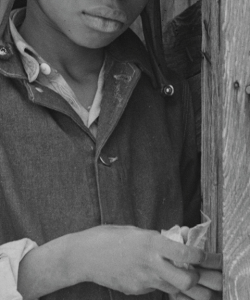
Ross Gay’s Be Holding, forthcoming from the University of Pittsburgh Press on September 8, 2020.
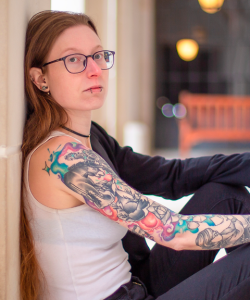
“I have a deeply unhealthy work-life balance in that the Venn diagram of those things is a circle.” —Ilana Masad, author of All My Mother’s Lovers
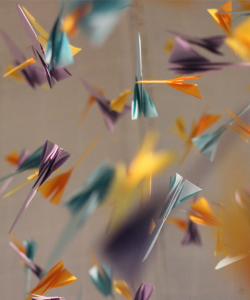
The author of This Is One Way to Dance considers the consonances and dissonances between dance and writing.

Jamie Marina Lau’s Pink Mountain on Locust Island, forthcoming from Coffee House Press on September 8, 2020.
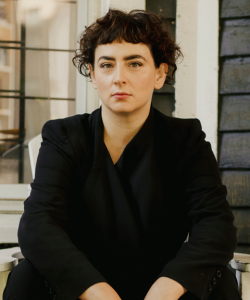
“I’m mistrustful of writing advice in general.” —Kate Zambreno, author of Drifts

The author of This Is One Way to Dance shares how notes—footnotes, codas, prologues, corrections—figure into her writing process.
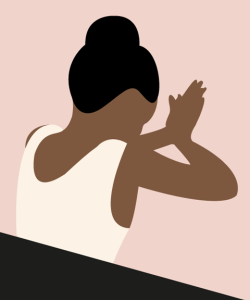
Yaa Gyasi’s Transcendent Kingdom, forthcoming from Knopf on September 8, 2020.
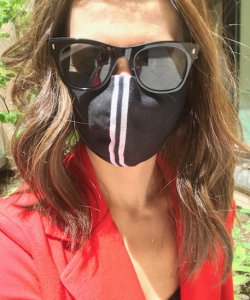
The author of And Then We Grew Up considers solitude, loneliness, and the act of writing in a city hit hard by COVID-19.
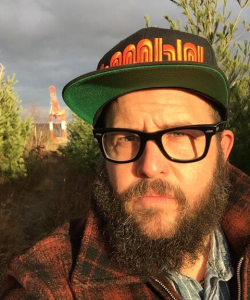
“It is a vulnerable thing to expose one’s least-glamorous moments to the scrutiny of the page.” —Cooper Lee Bombardier, author of Pass With Care
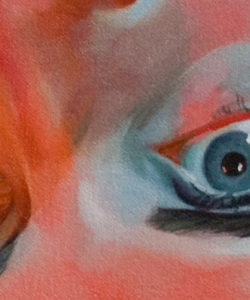
Jessica Gross’s Hysteria, forthcoming from Unnamed Press on August 18, 2020.

The author of White Blood: A Lyric of Virginia discusses definitions of poetry, ancestral silence, and unpacking American history’s “white blood.”
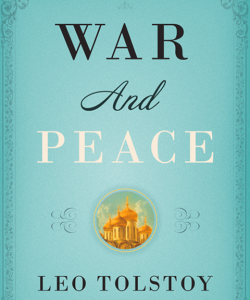
Reading Tolstoy’s War and Peace as part of a virtual book club hosted by Yiyun Li and A Public Space has become a comforting ritual during the pandemic.
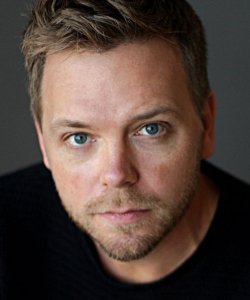
The author of The Nix struggles with the pressure to be productive during the pandemic and finds relief in celebrating the small victories.
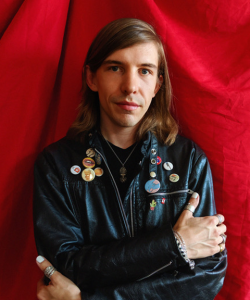
“Write what you do not know, which I think is particularly helpful because—not to sound too much like Socrates—I’m not really convinced that anyone knows anything.” —John Elizabeth Stintzi, author of Vanishing Monuments

The author of The Prettiest Star shares strategies and questions that help him get to know his characters.
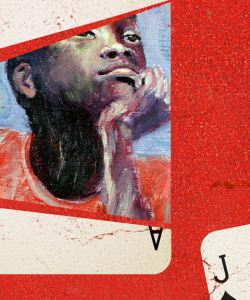
Nate Marshall’s Finna, forthcoming from One World on August 11, 2020.

Lambda Literary, a nonprofit dedicated to supporting LGBTQ literature and writers, has launched a fund-raiser to help it stay afloat during the COVID-19 pandemic.

The author of The Prettiest Star celebrates the magic of minor characters.
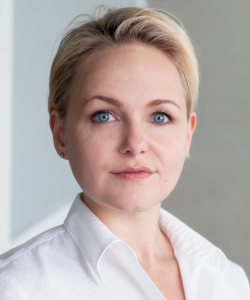
“There was nothing hard about writing it, it was more like finally giving in to some terrible force.” —Rufi Thorpe, author of The Knockout Queen